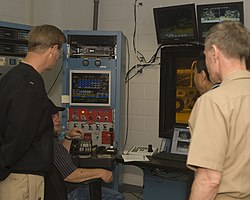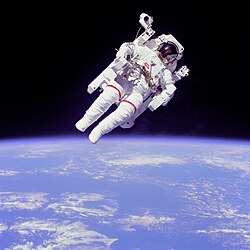
This is a list of science and science-related occupations, which include various scientific occupations and careers based upon scientific research disciplines and explorers.
Contents
- Life science
- Applied science
- Formal science
- Statistics
- General scientific occupations
- Natural science
- Physical science
- Earth science
- Social science
- See also
- References

